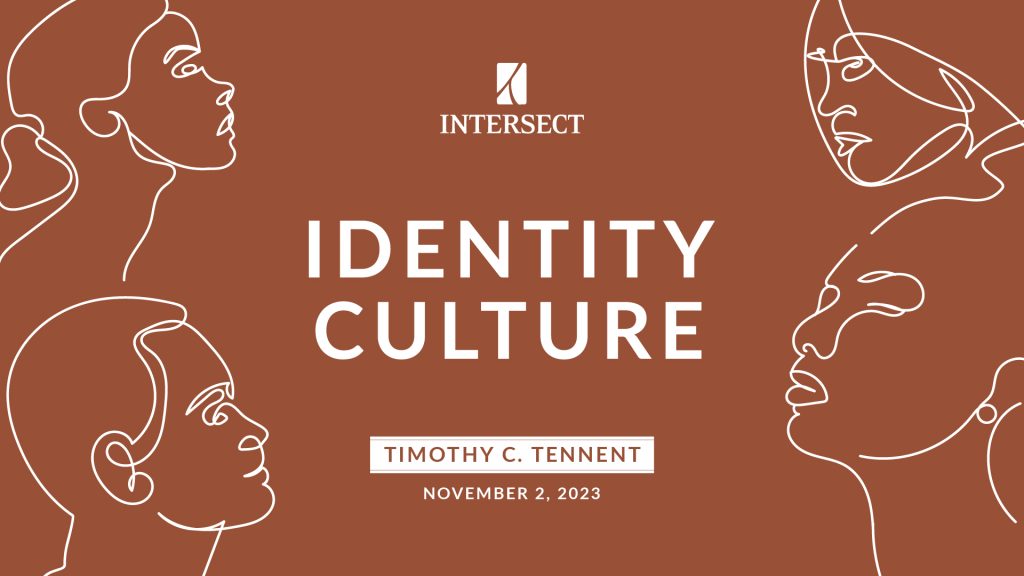Typical Southern Baptists are barraged with the message that gender is a social construct, which means that gender is something subjective and not the result of nature, purpose, or design. They hear this message on television, in movies, in popular songs, in schools, and even in corporate training material. Southern Baptist churches need to educate their congregants to resist this argument and tear down these lies (2 Cor. 10:5).
Society is at a crossroads—either God institutes biological sex by which a person’s gender is established (male and female, see Gen. 5:2), or gender is a social construct and thus open to be revised, rejected, or assigned.
Fatal flaws to the idea that gender is a social construct
What are the fatal flaws to the idea that gender is a social construct, or, more specifically, what’s wrong with the way that transgenderism is promoted?
Start with how people tend to question their gender. The common story we’ve probably all heard goes something like this: “My child was born a biological male, and we named him Christopher, but from an early age, he only wanted to dress in pink and play with dolls. So we knew early on that our child was really a girl, and eventually, we allowed Chrissy to identify as female.”
Flaw #1
Can you spot the problem? If gender is a social construct, then playing with dolls and preferring pink instead of blue doesn’t count as evidence of some individuals having a different gender identity than their biological sex. Assuming what the transgender community would have us believe about gender as a social construct, dolls and pinkness aren’t essential components of femininity, nor do G.I. Joe’s and blueness represent essential marks of masculinity. Pointing to meaningless and “oppressive” social constructs as evidence of one’s real gender is incoherent.
Advocates of the social construct theory need to follow through on their own logic: If gender is a social construct, then preferences concerning societally constructed gender norms are irrelevant in determining one’s gender. So the next time people tell you that someone determines their gender by preferring pink over blue, or ballet over football, tell those people that assuming the very thing they claim to deny isn’t a good way to convince us that their position makes any sense. Perhaps we can re-state it this way: How can someone claim to have an innate gender identity if gender is socially constructed?
Flaw #2
Well, you might ask, if not for pink over blue, how does a person determine their gender? This important question leads us to another fatal flaw in the social construct theory of gender. If gender is a social construct, and if gender cues (colors, social preferences, etc.) are arbitrary and unrelated to one’s real gender, then the only way for a person to determine their gender is to decide for oneself, or choose one’s gender based on gender stereotypes present throughout a culture. Previous generations thought they had it tough, having to choose a mate, a career, a place to live, etc. Future generations must now choose whether or not to be he, she, them, it, we, zie, or some designation hitherto unknown in this world of socially constructed gender.
But those keeping score at home might object, “Wait a minute, I thought gender was a social construct, not an individual construct!” Gender norms are partially constructed. That’s why gender norms change from one culture to the next. Society establishes the rules for the game, not the individual. You no more get to choose your gender than you do your race, height, or species. So what are the agreed-upon social means and mechanisms by which society assigns gender to people in this unfolding dystopia?
I suppose we’ll be informed when a decision has been reached.
Flaw #3
Yet another fatal flaw with the social construct theory of gender is the claim that the newfound liberation of otherwise closeted transgender people is only recognizing a group of people that already existed in the shadows, and not creating a group of people that didn’t otherwise exist. Christians might suspect that all the talk about transgenderism will somehow have the effect of increasing the number of transgender people. Or, more bluntly, all this confused talk about gender oozing out of American culture might invite additional confusion on the part of individuals. Advocates of the social construct theory dismiss this concern as bigoted and uninformed.
But is it? To answer that question, we just have to follow the logic. If gender is a social construct, then the category of “transgender” must also be a social construct. And, if transgenderism is socially constructed, then society can construct transgender people based on society’s understanding of gender stereotypes.
Funny how ideas have consequences.
The good news about gender
Now for the good news. Gender is not a social construct. Rather, gender is divinely instituted, and it’s an essential aspect of personal identity that follows from biological reality. This doesn’t mean things aren’t complicated, because sin affects everything in our lives. “Everything,” unfortunately, includes chromosomes, hormones, neuro-pathways, and other biological aspects of humanity. And it’s likely that some questions will remain unanswered until we have resurrected bodies in the eternal state.
This article was originally published by the Ethics and Religious Liberty Commission of the Southern Baptist Convention on May 25, 2018 (original article here). It was written by Ben Arbour and Adam Groza.
INTERSECT 2023 | IDENTITY CULTURE
Hear more about the theology of gender, sexuality and the human body at Gateway’s annual Intersect conference on November 2. Register today on EventBrite!


Inheritance & Glory: Our Vocation
For believers, while heaven may seem long away, our eternal inheritance is already available to us in the here and now.

Who Were the Danbury Baptists?
The Baptist story is integral to the history of the United States.

John Webster and the Holiness of Preaching
For Webster, preaching and pastoral work is one of a profound vocation; a calling to emulate the God who preaches.




